
The Joy of Imperfection
Highlights
Explore Br. David’s work through this curated collection of core teachings and interviews.
About Brother David
Brother David Steindl-Rast — 99 year-old author, scholar, and Benedictine monk — is beloved the world over for his enduring message about gratefulness as the true source of lasting happiness. Known to many as the “grandfather of gratitude,” Br. David has been a source of inspiration and spiritual friendship to countless leaders and luminaries around the world including Desmond Tutu, the Dalai Lama, Thich Nhat Hanh, Thomas Merton, and more. He has been one of the most important figures in the modern interfaith dialogue movement, and has taught with thought-leaders such as Eckhart Tolle, Jack Kornfield, and Roshi Joan Halifax. His wisdom has been featured in recent interviews with Oprah Winfrey, Krista Tippett, and Tami Simon and his TED talk has been viewed almost 10,000,000 times.
Br. David is currently living at his monastery in Austria where he continues to spend time writing, adding to his prolific collection of publications. His books are widely distributed, have been translated into many languages and are praised for their accessible and profound scholarship. Gratefulness, the Heart of Prayer and A Listening Heart have been reprinted and anthologized for more than two decades. In addition, Br. David has contributed chapters or interviews to well over 30 books.
Br. David continues to serve as a Board member and Advisor to [A Network for] Grateful Living, the global non-profit he co-founded with a small group of friends and supporters in the year 2000.
History and Teachings
DAVID STEINDL-RAST was born Franz Kuno Steindl-Rast on July 12, 1926, in Vienna, Austria, and spent his early years there and in a small village in the Alps. He spent all of his teen years under the Nazi occupation, was drafted into the army, but never went to the front lines. He eventually escaped and was hidden by his mother until the occupation ended.
After the war, Franz studied art, anthropology, and psychology, receiving an MA from the Vienna Academy of Fine Arts and a PhD from the University of Vienna. In 1952 he followed his family who had emigrated to the United States. In 1953 he joined a newly founded Benedictine community in Elmira, NY, Mount Saviour Monastery, where he became “Brother David.” In 1958/59 Brother David was a Postdoctoral Fellow at Cornell University, where he also became the first Roman Catholic to hold the Thorpe Lectureship, following Bishop J.D.R. Robinson and Paul Tillich.
After twelve years of monastic training and studies in philosophy and theology, Brother David was sent by his abbot to participate in Buddhist-Christian dialogue, for which he received Vatican approval in 1967. His Zen teachers were Hakuun Yasutani Roshi, Soen Nakagawa Roshi, Shunryu Suzuki Roshi, and Eido Shimano Roshi. He co-founded the Center for Spiritual Studies in 1968 and received the 1975 Martin Buber Award for his achievements in building bridges between religious traditions.
Together with Thomas Merton, Brother David helped launch a renewal of religious life. From 1970 on, he became a leading figure in the House of Prayer movement, which affected some 200,000 members of religious orders in the United States and Canada. Since the 1970s Brother David has been a member of cultural historian William Irwin Thompson’s Lindisfarne Association.
For decades, Brother David divided his time between periods of hermit’s life and extensive lecture tours on five continents. On a two-month lecture tour in Australia, for example, he gave 140 lectures and traveled 12,000 miles within Australia without backtracking. His wide spectrum of audiences has included students in Central Africa and faculty at Harvard and Columbia Universities, Buddhist monks and Sufi retreatants, members of the Tohono O’odham Nation, and German intellectuals, New Age communes and Naval Cadets at Annapolis, missionaries on Polynesian islands and gatherings at the United Nations, Green Berets and participants at international peace conferences. Brother David has brought spiritual depth into the lives of countless people whom he touches through his lectures, his workshops, and his writings.
He has contributed to a wide range of books and periodicals from the Encyclopedia Americana and The New Catholic Encyclopedia, to the New Age Journal and Parabola Magazine. His books have been translated into many languages. Gratefulness, the Heart of Prayer and A Listening Heart have been reprinted and anthologized for more than two decades. Brother David co-authored Belonging to the Universe (winner of the 1992 American Book Award), a dialogue on new paradigm thinking in science and theology with physicist, Fritjof Capra. His dialogue with Buddhists produced The Ground We Share: Buddhist and Christian Practice, co-authored with Robert Aitken Roshi. His most recent books are You Are Here: Keywords for Life Explorers; Words of Common Sense for MInd, Body and Soul; Deeper than Words: Living the Apostles’ Creed; 99 Blessings: An Invitation to Life; The Way of Silence: Engaging the Sacred in Daily Life; Faith beyond Belief: Spirituality for our Times; and his autobiography, i am through you so i.
Brother David has contributed chapters or interviews to well over 30 books. An article by Brother David was included in The Best Spiritual Writing, 1998. His many audio and videotapes are widely distributed.
At present, Brother David serves a worldwide Network for Grateful Living, through Grateful.org, an interactive website with several thousand participants daily from more than 240 countries and territories.
The video above (14:04) is an encapsulation of Br. David’s life from his birth in Vienna, Austria in 1926 through the birth of A Network for Grateful Living in the U.S. in 2000.
An extensive collection of Brother David’s archives are now permanently housed at the Special Collections and University Archives: UMass Amherst Libraries. The collection includes Brother David’s extensive published and unpublished writings, sermons, memoirs, personal journals, correspondence, photographs, recordings, and videos of his teachings. His papers extend back to his youth in Vienna, documenting his childhood and experience during the war, including a complete run of Die Goldene Wagen, the children’s magazine published by Brother David’s mother Elisabeth Rast.
Explore our archive of Brother David’s teachings
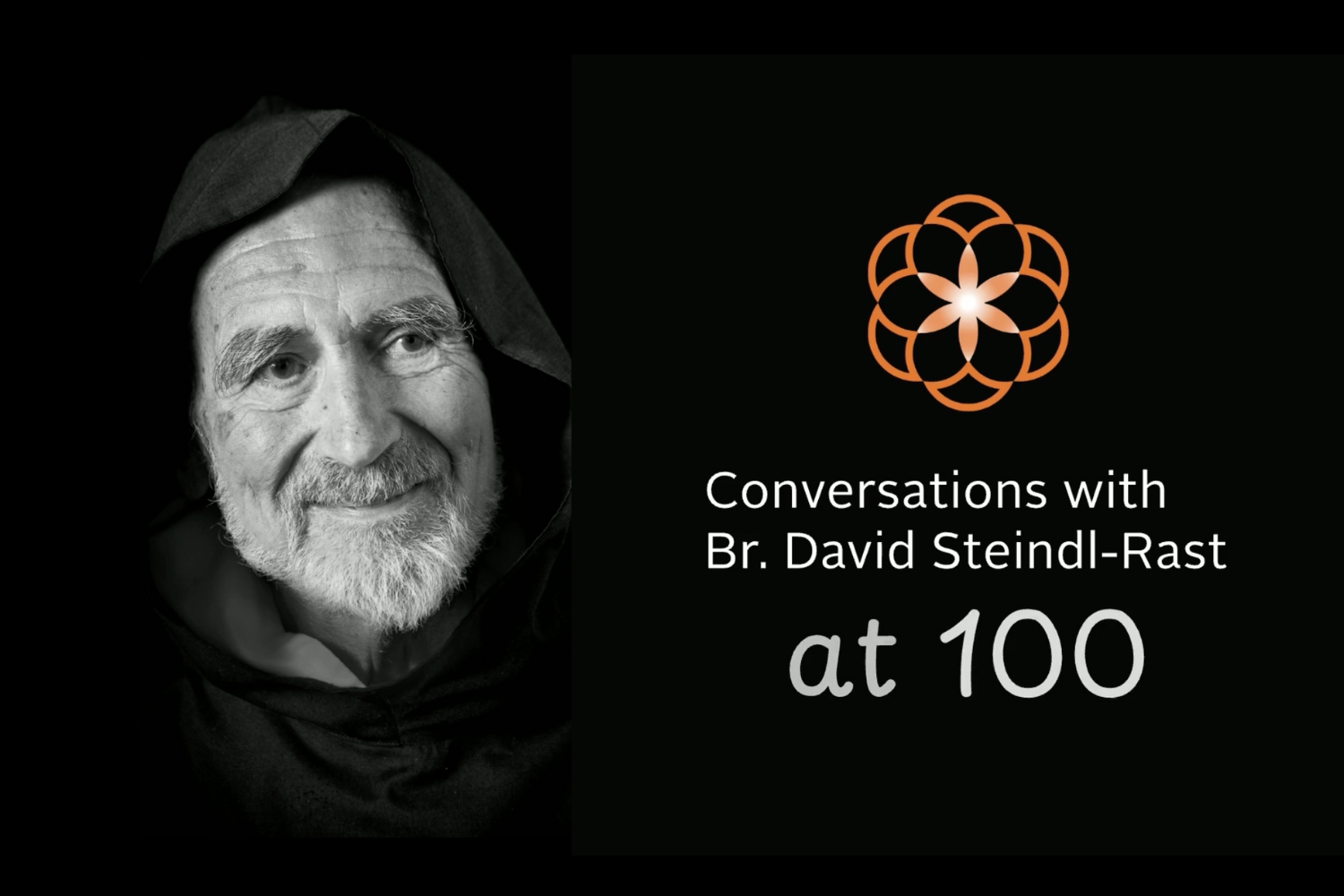
Living Gratefully Is a Spiritual Practice for Higher Consciousness
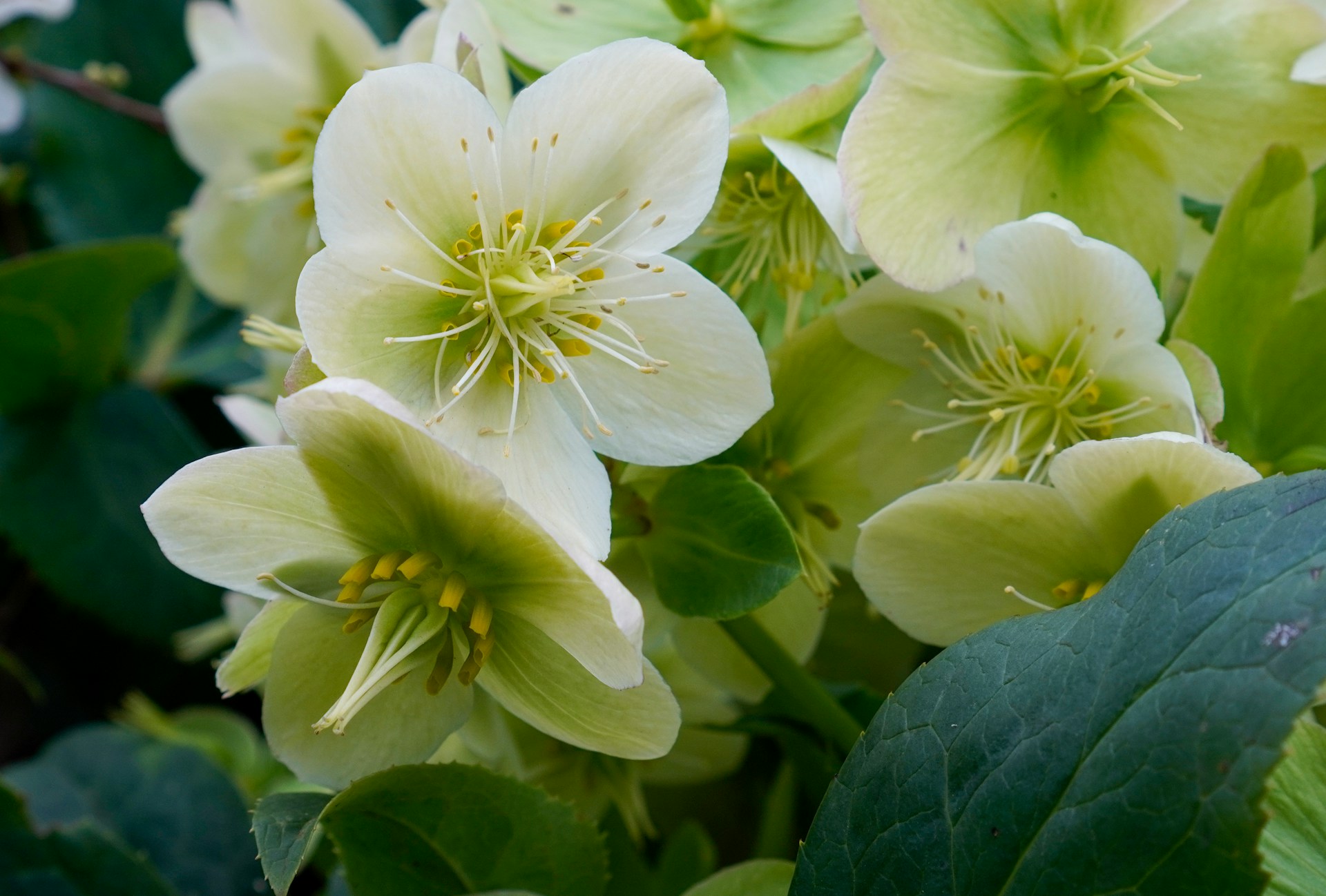
2025 Christmas Letter: A Fierce Wish
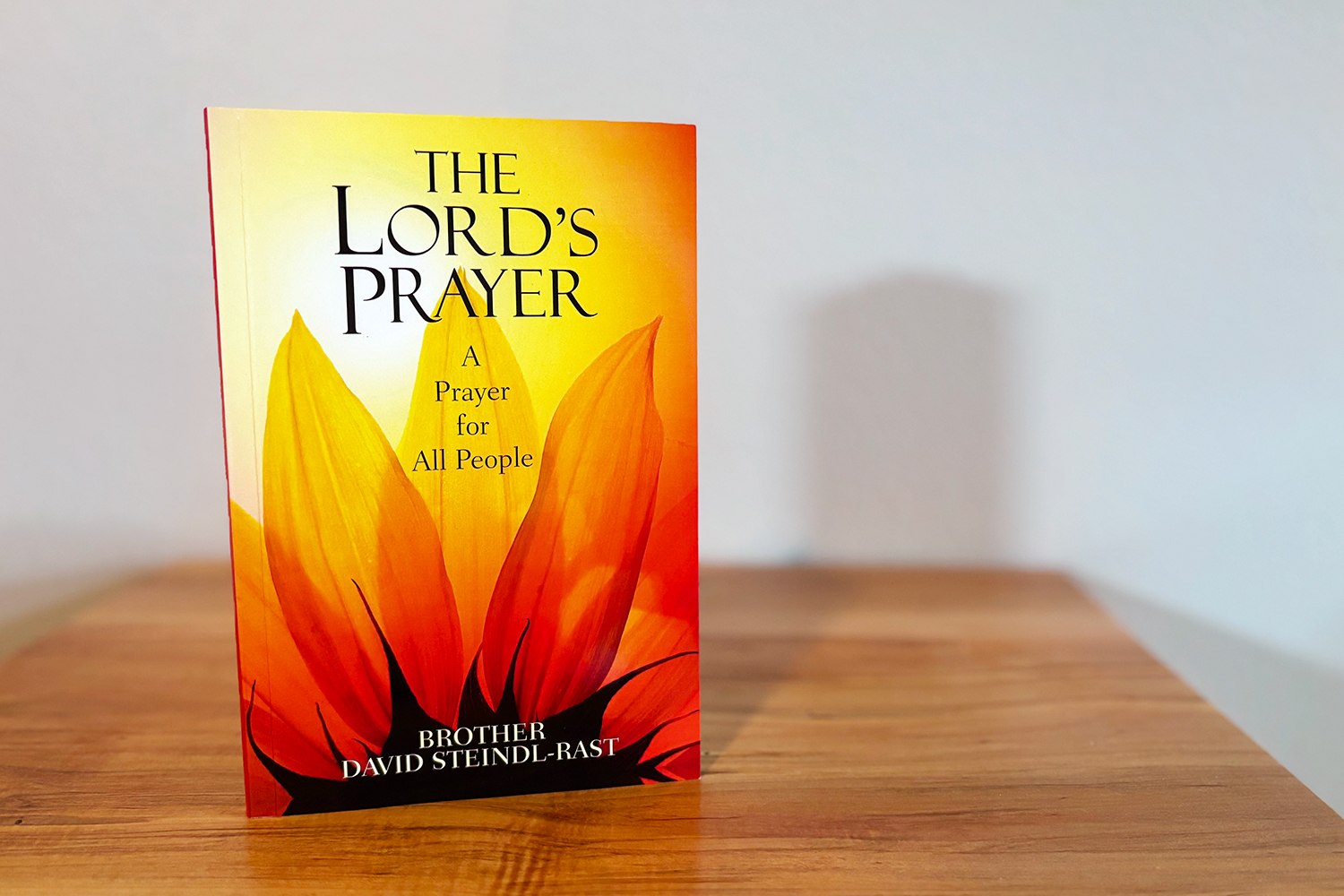
The Lord’s Prayer: A Prayer for All People
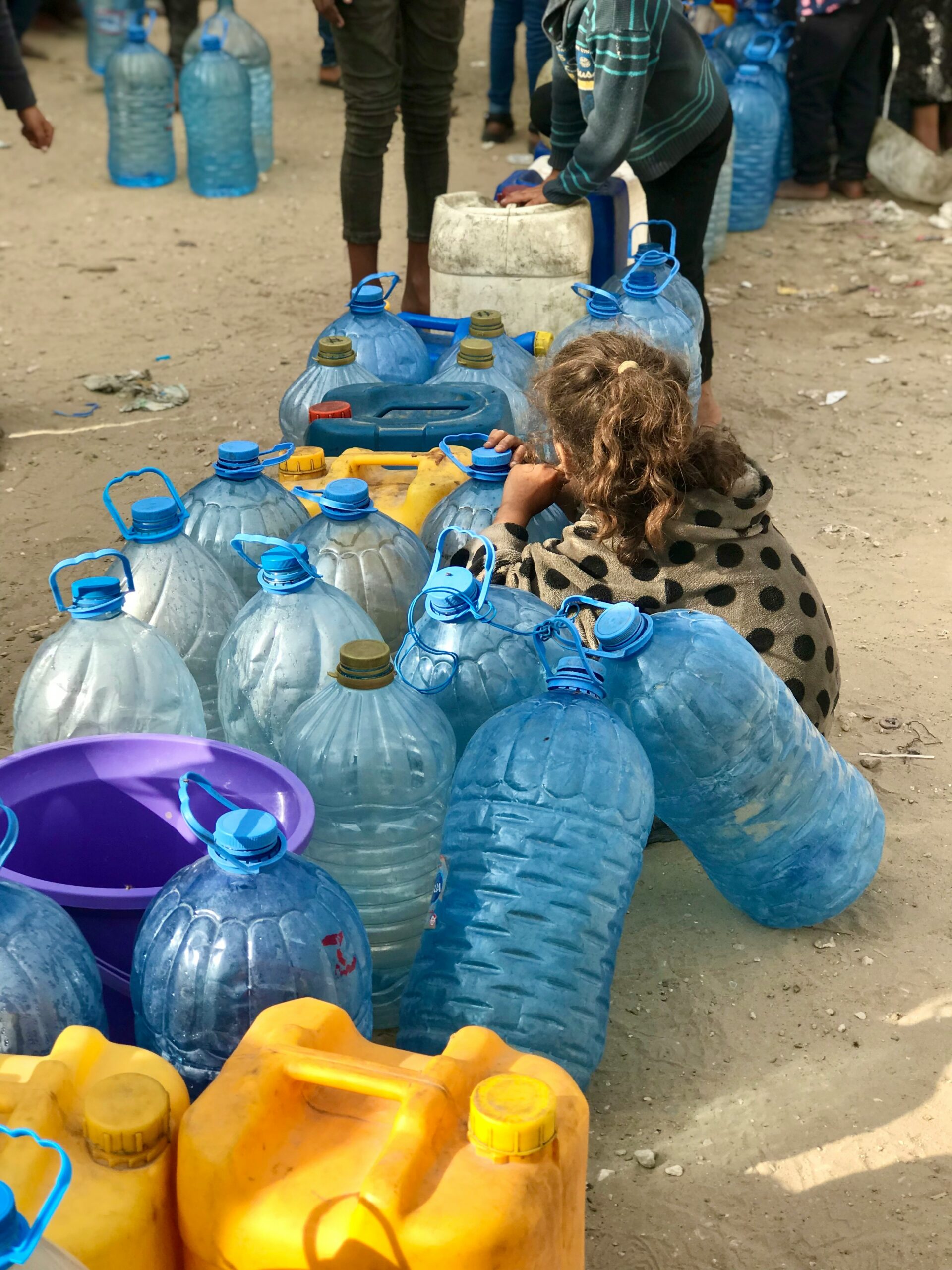
The Threat of Starvation
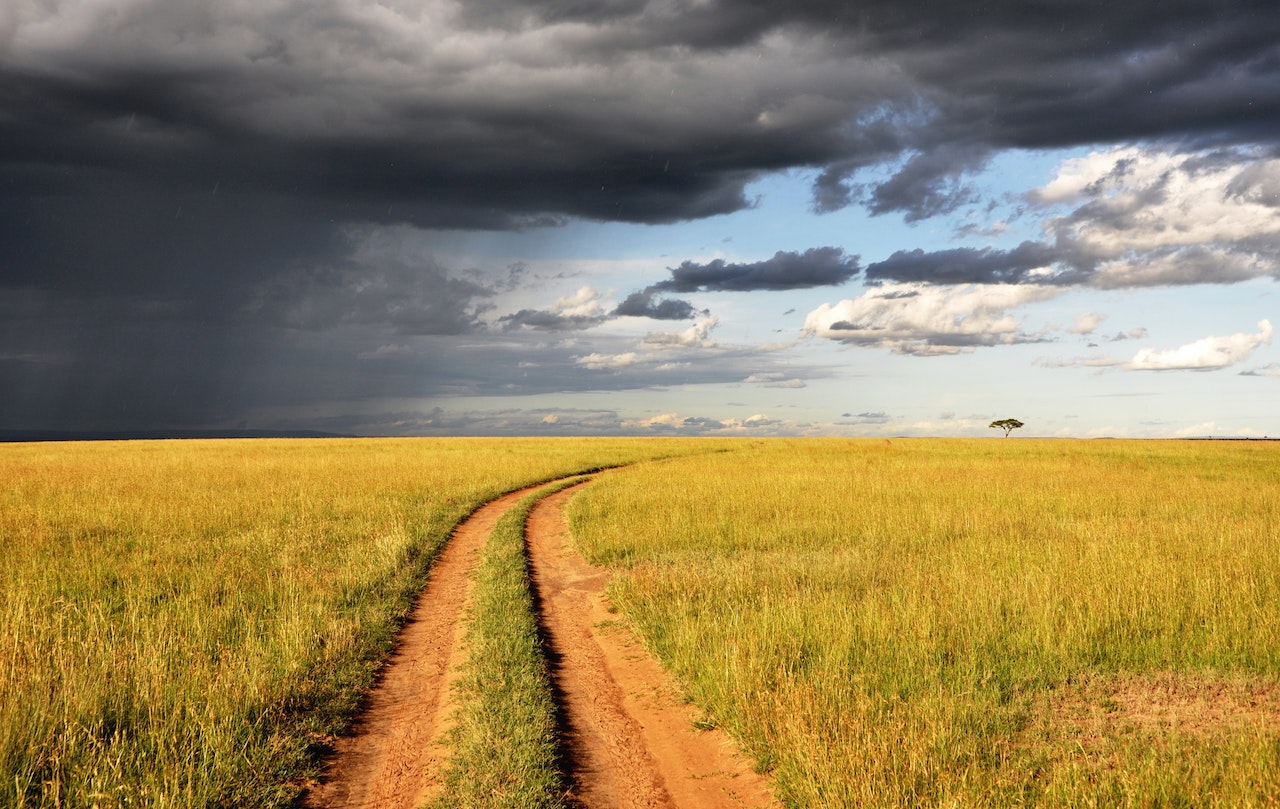
Waking Up: 2025 Easter Letter

We Have One Another: 2024 Thanksgiving Letter





